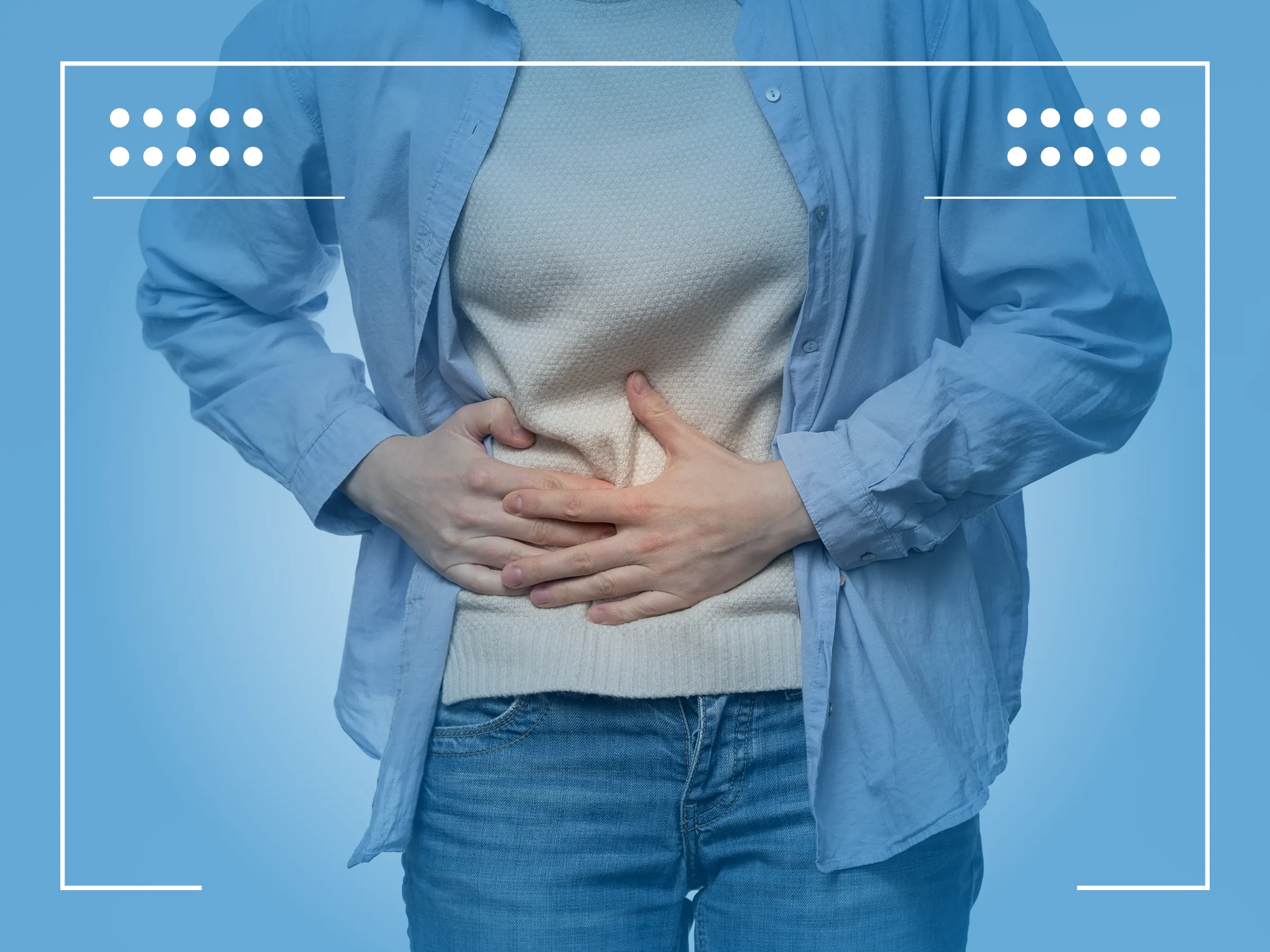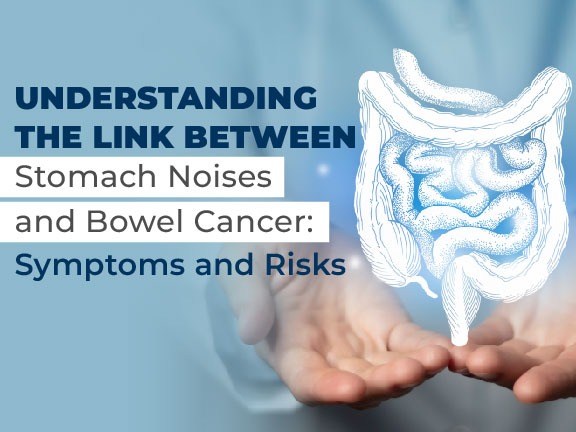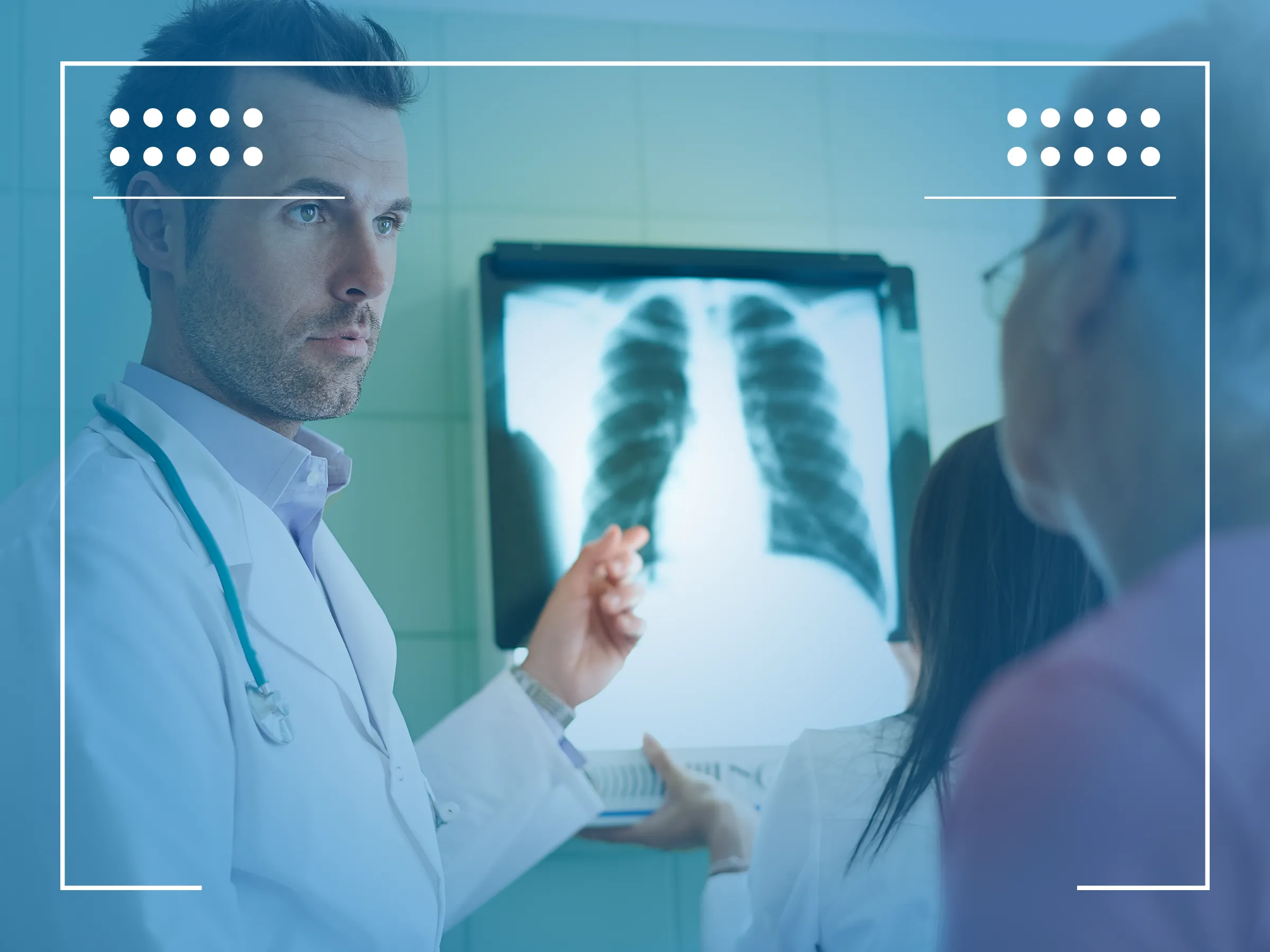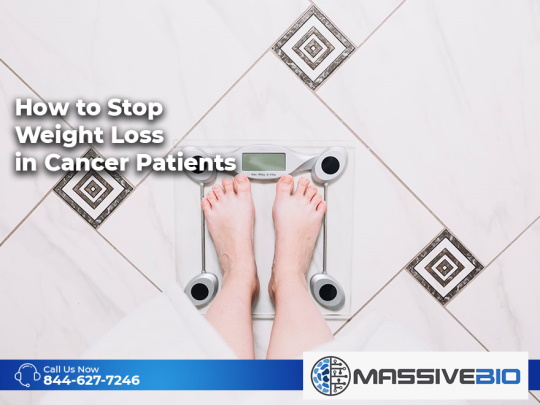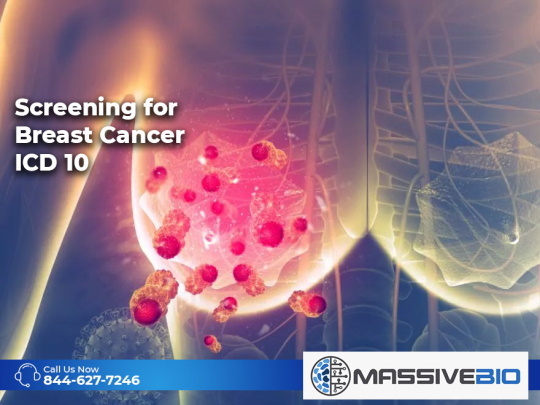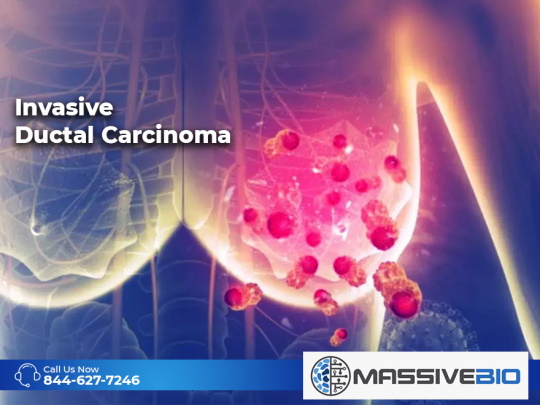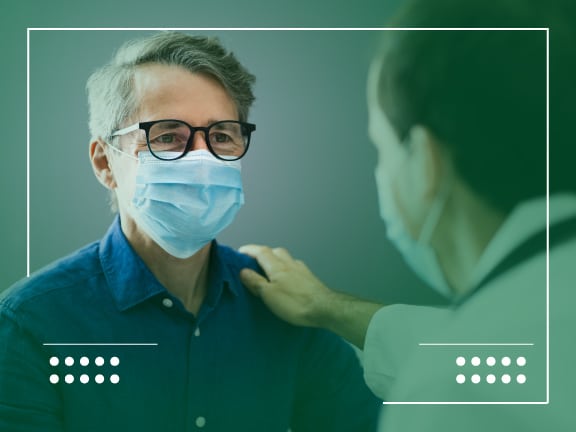Rectum, as the final segment of the large intestine, holds a pivotal role in the gastrointestinal tract. It serves as the storage site for feces pending their excretion. This organ, approximately 12 to 15 cm long, connects to the sigmoid colon at one end and the anal canal at the other. It is encircled by muscles that are part of the pelvic floor, crucial for controlling defecation. The health of this area is vital, as it can directly influence bowel regularity and comfort.
Rectum-related conditions often manifest symptoms that include, but are not limited to, pain, irregular bowel movements, and bleeding. These symptoms can significantly degrade quality of life, necessitating a thorough diagnostic process, often involving colonoscopy or sigmoidoscopy. This organ’s health is influenced by a variety of factors, including diet, physical activity, and fluid intake, with a fiber-rich diet being particularly beneficial for maintaining normal function. In managing diseases related to this organ, treatments may range from dietary adjustments and medications to more invasive procedures such as surgery, depending on the severity and nature of the condition. Awareness and timely intervention are key in addressing rectal health issues, underscoring the importance of regular medical check-ups for those experiencing persistent gastrointestinal symptoms.
Colon and rectum, integral parts of the digestive system, serve distinct but interconnected functions essential for maintaining overall health:
- Colon (Large Intestine): This component primarily handles the absorption of water and electrolytes from food residues, transforming what remains into solid waste. The colon also houses a complex microbiome that plays a critical role in digestion, immune function, and even mood regulation.
- Rectum: This final segment of the colon is tasked with storing feces until defecation occurs. Efficient function here is critical to ensuring that waste is excreted properly, supporting both sanitary conditions and digestive health.
Together, the health of the colon and rectum is crucial for effective waste removal and nutrient absorption. Regular screenings, such as colonoscopies, are recommended to detect potential issues like polyps or cancers early, when they are most treatable. Additionally, maintaining a diet rich in fiber, staying hydrated, and regular physical activity are vital for the health of these organs, helping to prevent common disorders like constipation, hemorrhoids, and colorectal cancer.
Rectum Function
Rectum function is a critical aspect of the digestive system, involving various important roles that are essential for maintaining overall digestive health and well-being. This region of the body is responsible for the final storage and control of feces, playing a pivotal role in defecation.
One of the serious conditions affecting this area is rectal cancer, a form of cancer that occurs when malignant cells form in the tissues of the rectum. Early detection and treatment are crucial as they significantly improve the prognosis. Another common issue is bleeding from rectum, which can signal anything from minor concerns like hemorrhoids to more severe conditions such as colorectal cancer. It’s essential that such symptoms are not ignored and are checked by a healthcare professional.
Additionally, prolapsed rectum is a distressing condition where this part of the bowel becomes displaced and protrudes outside the body, often requiring surgical intervention to remedy. The combined health of the colon and rectum is integral to the efficient processing and elimination of waste, highlighting the interconnectedness of the entire digestive tract.
Further up the digestive system, the small intestine plays a crucial role in nutrient absorption, while the large intestine is mainly involved in the absorption of water and electrolytes, and the formation and excretion of feces.
Conditions such as rectal prolapse, where the rectum slips out of its normal place into the lower part of the body, and rectal bleeding, are indicators that not everything is functioning as it should. Symptoms of rectal prolapse can be quite uncomfortable, leading to issues such as pain and discomfort during bowel movements.
Moreover, rectal pain is often a sign of acute issues in the lower digestive tract, such as infections, hemorrhoids, or fissures. Identifying the underlying causes of such symptoms is critical for effective treatment and relief. The symptoms of rectal prolapse often overlap with those of other rectal issues, making it important to get a correct diagnosis.
Rectal bleeding ICD 10 refers to the classification used by medical professionals to diagnose and document this symptom accurately for treatment and insurance purposes. Each of these aspects underscores the importance of this organ in daily lives and the need for awareness around maintaining good colorectal health.



